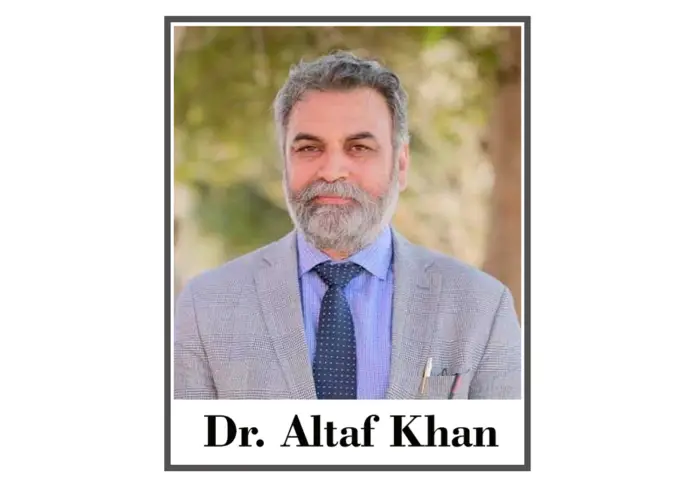As an academic one begins to become a scholar, meaning one would be able to give back to society the desired guidance meant to be the job of an intellectual. Being an intellectual is not an exclusive right of a university professor. It is rather their duty. They are paid to do so.
How can one guide a society? The best form is to write, research, and publish. Publishing doesn’t mean writing monotonous journals to add to the count of one’s accomplishments to get a promotion in academia. It is to innovate, to think out of the box. How can we think outside of the box? To read the best works of ingenuity and expertise and to interact with the best minds around the globe.
This is the exclusive responsibility of an established academic. Now the question is whether it is possible. Unfortunately not. Most of our higher education system (all of it) is based on teaching. Teaching undergraduate students. In the public or private sector, the job of a professor is teaching. Most people will argue that teaching and research go hand in hand or what is the use of an academic if they can’t transfer their knowledge to the young people who are there to learn?
I agree and disagree. Yes, teaching is an integral part of the knowledge-production process. But here lies the problem. If you are a professor and you are interested in higher-order thinking, you have a problem. Teaching undergraduate courses means bringing your threshold down to make your work understandable for the young people who are sitting in front of you. Especially when you are working in a place like Pakistan. Or anywhere in the world. These young people are learning the basics. One cannot just thrust higher-order thinking down their throats. One has to bring the knowledge threshold down to the level of their understanding.
After teaching for more than thirty years I know that even the best undergraduate students are not ready to get involved in the higher-order debate. If one is continuously teaching undergraduate courses, one has to reorient the mind into a lower-order thinking pattern. One reads textbooks, one develops “interesting” lectures, and one creates a knowledge ecosystem that fits the world of the audience, the undergrads.
It’s all possible. One would say “that’s the job”. But what about the guidance function, the higher-order thinking, the task of creating knowledge for the betterment of society, and the work beyond the four walls of the campus? This is not going to happen. I have experienced it on many occasions. Whenever I meet colleagues with the luxury to do research and be independent, I have to get into a reflective mode after each encounter. I am not there. I learn, but I don’t contribute much. My undergraduate focus doesn’t let me think higher. Not that I am incapable of it, but because I am so engrossed in lowering my threshold that it becomes difficult to raise it for an hour, a day, or a week, only to dip it down to fit into the higher education machine for survival.
It is a difficult process to manage. Switching the thinking pattern on and off is not an easy task to accomplish. In reality, it is traumatizing, if not altogether impossible. The greater problem lies in the fact that if one is asked to remain focused, and adjust to undergraduate teaching from the very onset of their career, one never learns higher-order thinking. This kills the very ingenuity of a thinking mind before it even begins. Since universities are student-focused, they never think of faculty development. The term faculty development is used to denominate a process of being more useful for the students. It never means knowledge production. It is at best knowledge transfer. But if there is no knowledge production, what is there to transfer?
This is the question the higher education industry should ask themselves. What are they giving back in terms of societal contribution? If the answer is giving degrees to students by providing Coursepacks, we need a serious overhaul of our educational strategies.







